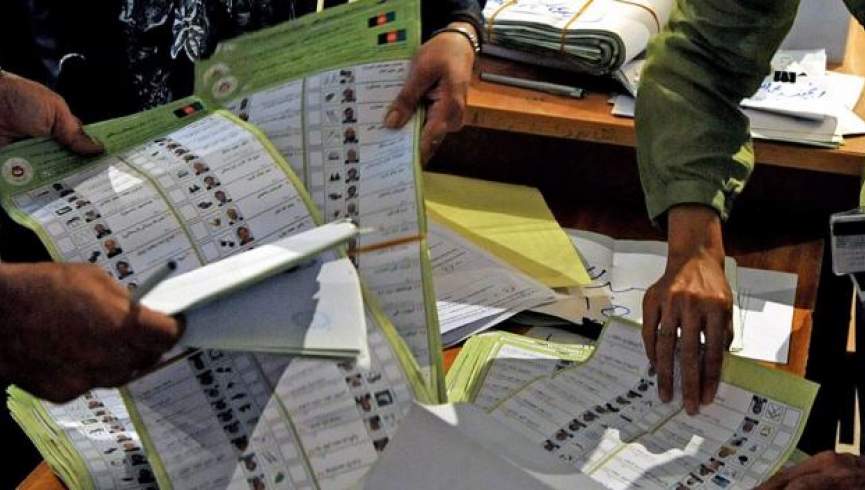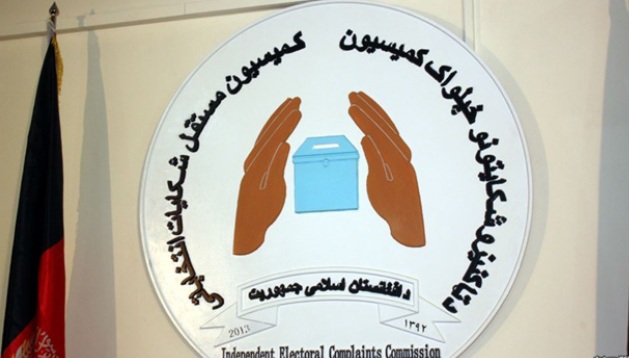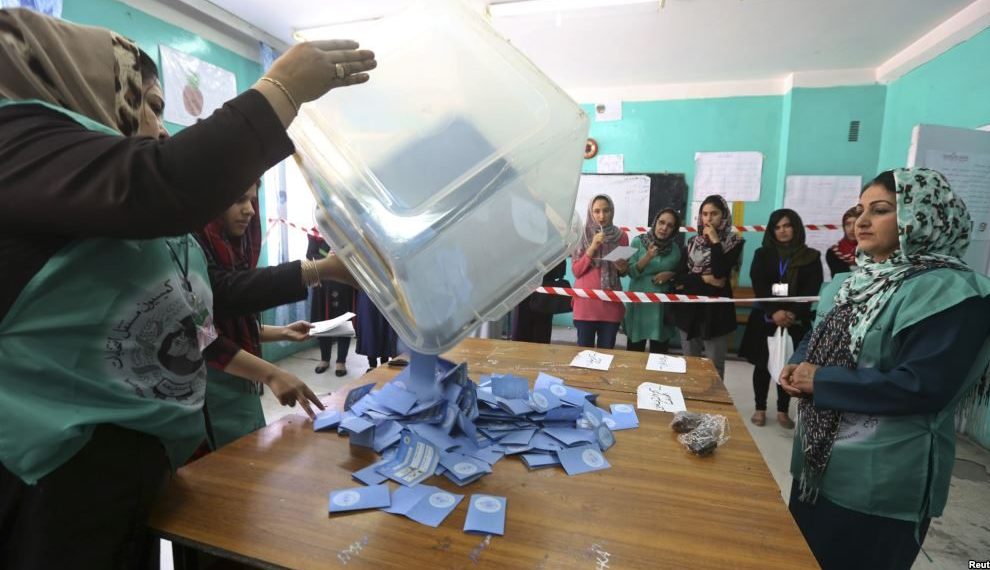Afghanistan’s Independent Election Commission (IEC) on Saturday said that it will start the biometric enrolment of all eligible voters on May 16.
Publish dateSaturday 4 May 2019 - 23:35
Story Code : 184513
AVA- The process will continue for 20 days in order for the voters to be able to attend at the upcoming presidential, provincial councils, district councils, and Ghazni parliamentary elections.
The biometric registration of voters that was initially used in Afghanistan’s October parliamentary election faced a lot of challenges.
Now, IEC says all ten fingers of the voters will be scanned in the biometric devices for recognizing the voter’s identity in the upcoming elections.
The IEC has estimated that $192 million is needed for the upcoming elections, which are scheduled for September 28.
Shamroz Khan Masjedi, a spokesman for the Afghan ministry of finance told media that it will make the payments for the IEC in order to begin the voter’s registration process.
However, electoral observers say that using the previous elections biometric devices will not guarantee the transparency of the upcoming election.
“If IEC starts the voter’s registration process with the problematic devices, we will face the same old challenges,” said Naeem Asghari, a member of the Free and Fair Election Forum of Afghanistan (FEFA).
This comes as the IEC is still unable to announce the final results of Kabul parliamentary elections due to electoral violations and problems with the biometric devices on the polling day.
The biometric registration of voters that was initially used in Afghanistan’s October parliamentary election faced a lot of challenges.
Now, IEC says all ten fingers of the voters will be scanned in the biometric devices for recognizing the voter’s identity in the upcoming elections.
The IEC has estimated that $192 million is needed for the upcoming elections, which are scheduled for September 28.
Shamroz Khan Masjedi, a spokesman for the Afghan ministry of finance told media that it will make the payments for the IEC in order to begin the voter’s registration process.
However, electoral observers say that using the previous elections biometric devices will not guarantee the transparency of the upcoming election.
“If IEC starts the voter’s registration process with the problematic devices, we will face the same old challenges,” said Naeem Asghari, a member of the Free and Fair Election Forum of Afghanistan (FEFA).
This comes as the IEC is still unable to announce the final results of Kabul parliamentary elections due to electoral violations and problems with the biometric devices on the polling day.
avapress.net/vdcb8ab8frhbwsp.4eur.html
Tags
Top hits












